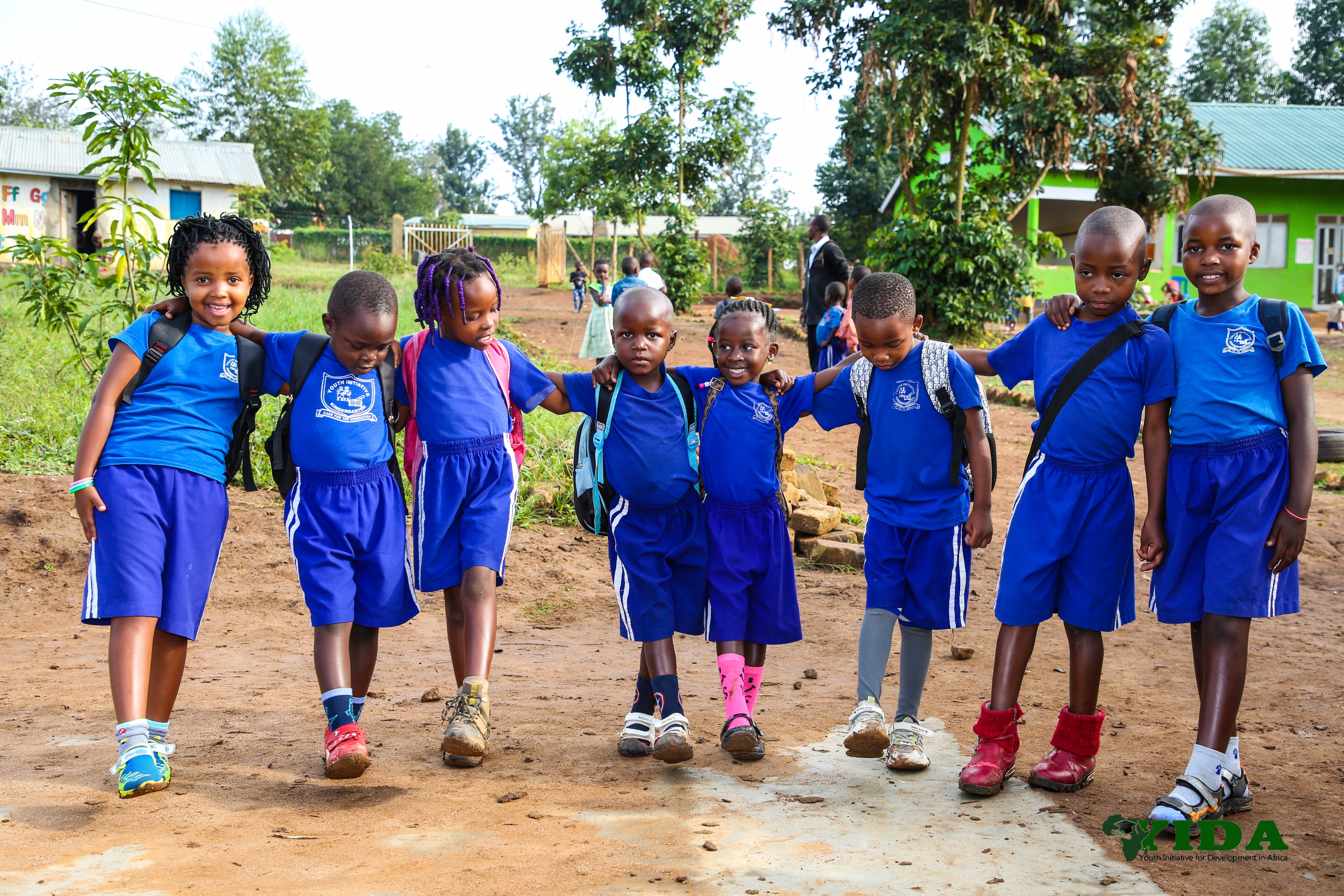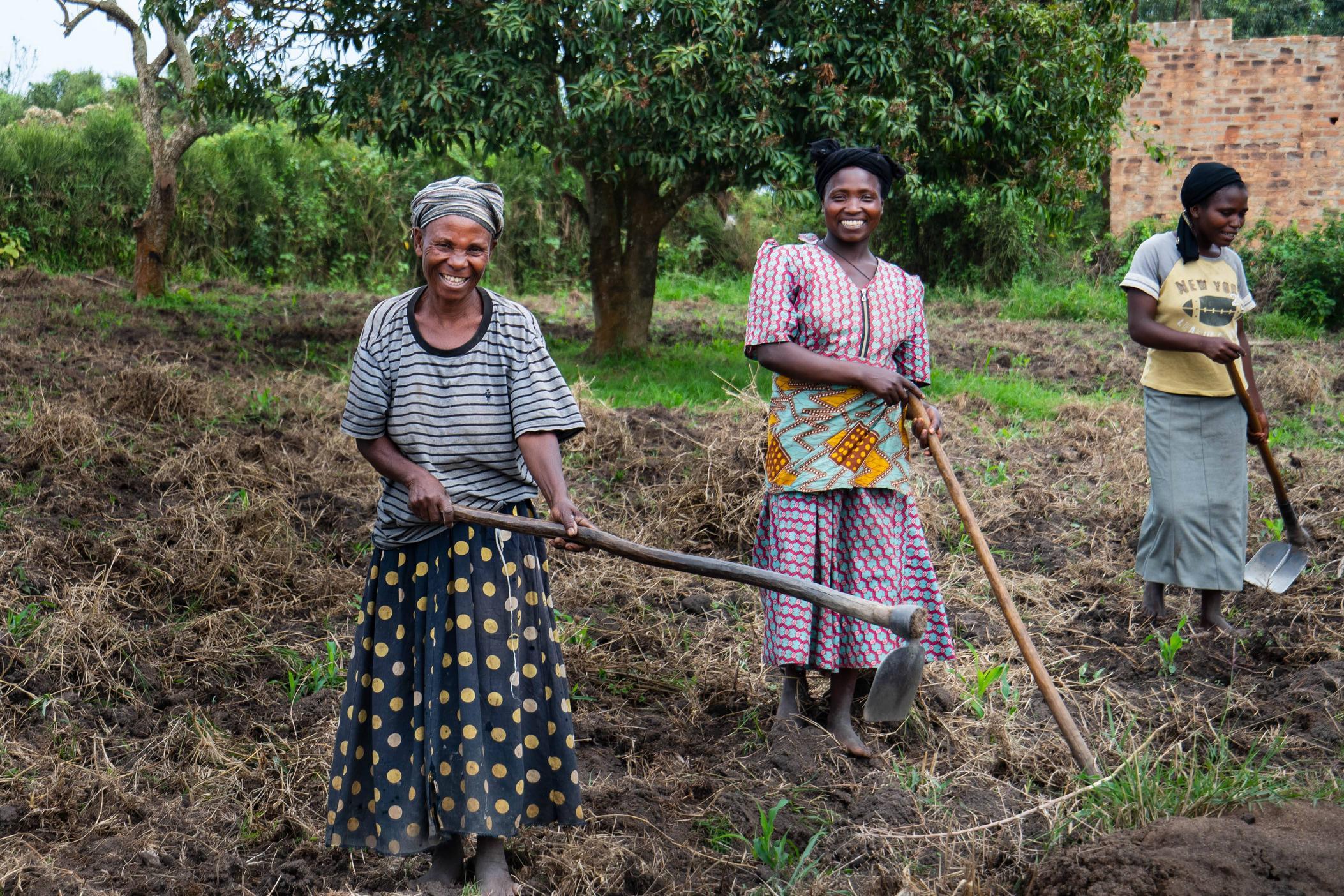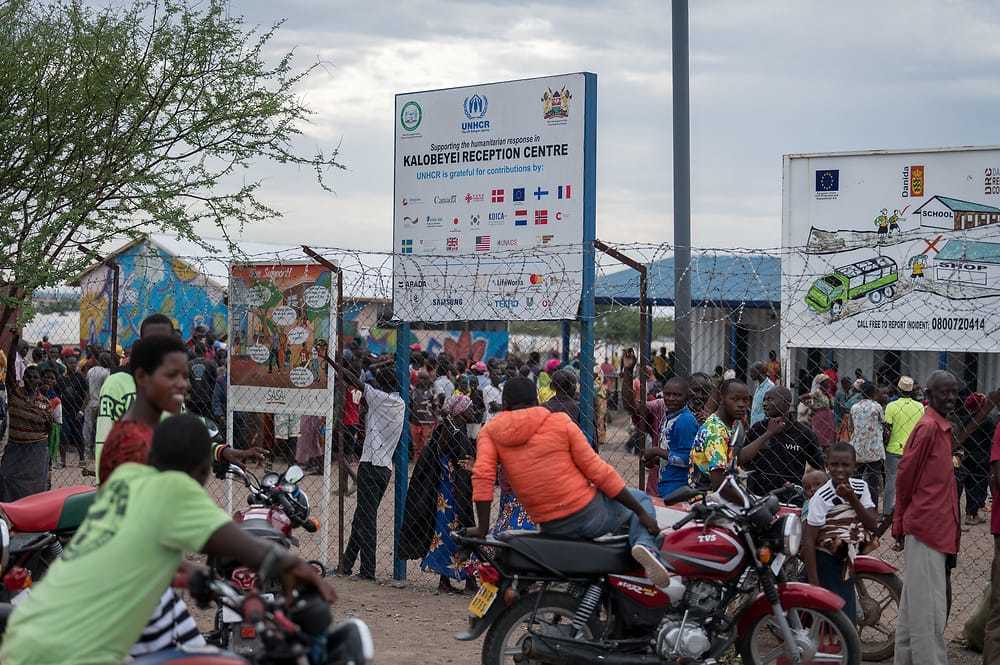HOUSE OF HOPE COMMUNITY - HHC
HOUSE OF HOPE COMMUNITY – HHC ECO - CAMP PROJECT Our experience and findings from February 2022 to April 2023, led us to realize that in Kakuma and Kalobeyei refugee camps, children aged 3 to 10 are too impacted by respiratory illnesses such as coughing, chest pain, and anemia, largely due to indoor air pollution from smoke generated by traditional cooking methods, combined with dust generated by the semi-arid, windy climate. These health challenges affect child development and bring other implications within the camps. The lack of sustainable, eco-friendly cooking solutions and environmental mitigation strategies contributes to persistent air quality issues, jeopardizing both child health and environmental sustainability. To address this, the House of Hope Community (HHC) has considered integrating climate initiatives within its Early Childhood Development (ECD) program. House of Hope Community - HHC effort Under House of Hope Community's Early Childhood Development (ECD) program, we engage children in tree-planting activities, fostering environmental stewardship from an early age. This initiative not only contributes to reforestation efforts but also educates our young beneficiaries about the importance of caring for the environment. Alongside the children, we actively involve parents in Social and Emotional Learning (SEL) groups, creating a supportive community for shared learning and emotional growth. Our ECD program includes hands-on training for parents on constructing energy-efficient stoves using locally available materials. These stoves significantly reduce firewood consumption, benefitting the environment, decreasing the cost of firewood or chuckle, and enhancing household health by reducing indoor air pollution. To further boost family well-being, we teach parents how to establish kitchen gardens, providing access to fresh vegetables and improving household nutrition. The challenge that needs to be solved 1. Limited Access to Resources: Acquiring seedlings and materials for energy-efficient stoves is often difficult due to budget and supply limitations. 2. Environmental Constraints: Dry seasons and harsh soil conditions make maintaining healthy trees and kitchen gardens difficult. 3. Sustained Funding: Securing consistent financial support to expand and sustain these initiatives is an ongoing struggle. 4. Inadequate Training and Capacity Building There is a continuous need for capacity-building initiatives to train our staff and community members in advanced sustainable practices. The lack of trained facilitators and educators who can sustain these programs impacts the long-term effectiveness of our initiatives. Conclusion By addressing these challenges collaboratively, we can expand our capacity to create a lasting positive impact on the lives of refugee children and their families. We welcome partnerships and support from like-minded organizations, funders, and individuals dedicated to advancing education, sustainability, and community resilience within vulnerable communities.

11:47 am · Nov 09, 2024
0
Collective change
Aug 22, 2022
Sep 05, 2022
Oct 13, 2022
Blogs
Nov 12, 2024






0